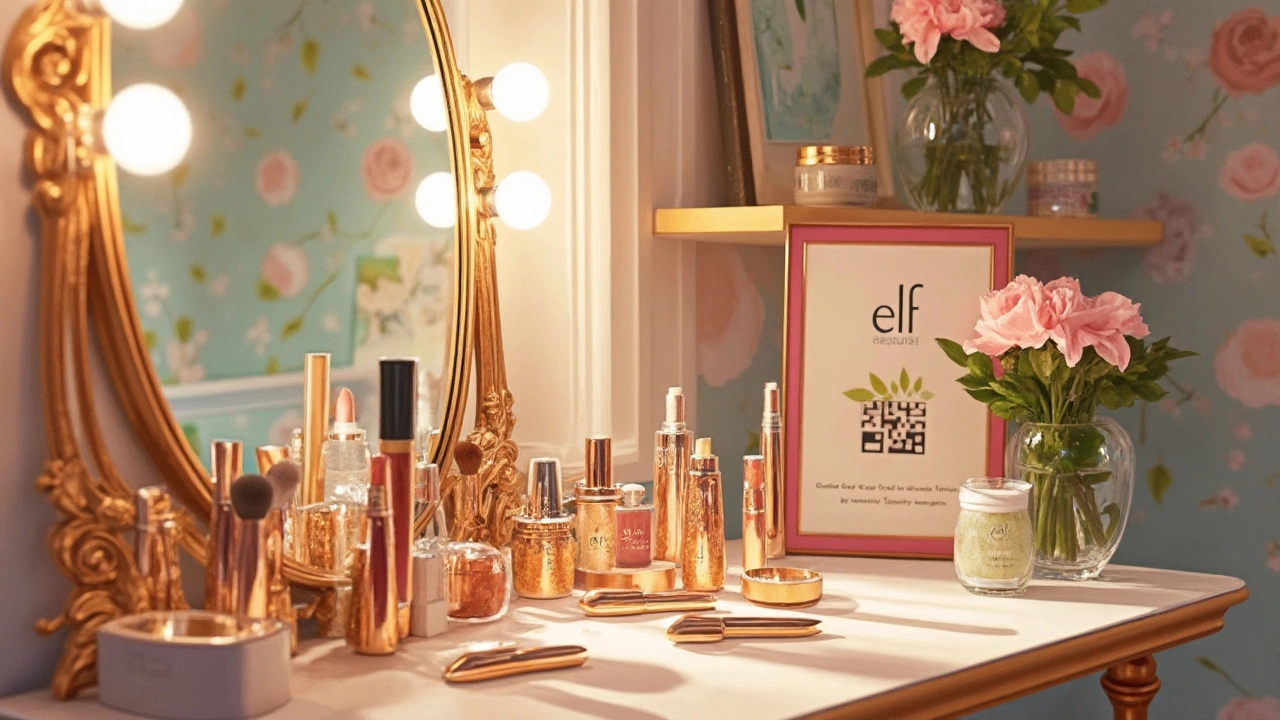Is Elf an Organic Brand? The Real Facts You Need
If you’ve ever grabbed an Elf lipstick because it’s cheap and looks good, you might wonder: is it also organic? The word “organic” gets tossed around a lot, but it isn’t a free‑for‑all label. Below we break down what “organic” actually means, how Elf stacks up, and what you can do to choose the cleanest products for your skin.
What Does "Organic" Really Mean?
In cosmetics, “organic” generally means the product contains ingredients grown without synthetic pesticides, fertilizers, or GMOs. To wear the label, a brand usually needs certification from a third‑party organization like COSMOS or USDA. Those certifiers check the ingredient list, the farming practices, and the processing methods.
Without that certification, a brand can still use the word “organic” in marketing, but it may only apply to a few ingredients, not the whole formula. That’s why you’ll see “organic vitamin C” or “organic jojoba oil” on a product that otherwise contains synthetic polymers and preservatives.
Elf’s Ingredient List: Natural or Synthetic?
Elf markets itself as affordable, cruelty‑free, and “clean.” The brand does include some natural extracts—like green tea, aloe, and cucumber—alongside synthetic actives such as dimethicone, phenoxyethanol, and various fragrance compounds. Those synthetics help the product stay stable, spread evenly, and last longer, but they also keep Elf from meeting most organic certification standards.
When you read an Elf ingredient panel, you’ll notice a mix of plant‑derived and lab‑made components. For example, the popular Elf “Pore‑Perfecting Liquid Foundation” uses botanical oils for moisture, but it also lists “propylene glycol” and “ethylhexylglycerin,” which are synthetic. That doesn’t automatically make the product bad, but it means it isn’t fully organic.
If you’re hunting for strictly organic makeup, look for a clear certification logo on the packaging. Elf rarely displays those symbols, so the safe bet is to treat the brand as “clean” rather than fully organic.
So, can you still use Elf if you care about clean beauty? Absolutely. Elf offers a good balance of cost, performance, and cruelty‑free status. Just be aware that the “organic” claim is limited to a few ingredients, not the whole formula.
Here’s a quick way to decide:
- Check the label. Look for COSMOS, USDA, or other third‑party logos.
- Read the ingredient list. Spot any synthetic fragrances, silicones, or preservatives if you want to avoid them.
- Prioritize what matters to you. If you care more about cruelty‑free and affordable, Elf is a solid choice. If you need fully organic, consider niche brands that carry the proper certification.
Bottom line: Elf isn’t an organic brand by certification standards, but it does include natural extracts and stays cruelty‑free. Use the tips above to pick products that match your clean‑beauty goals without breaking the bank.
Is Elf Cruelty-Free? Exploring the Ethics of Your Makeup Bag
Elf Cosmetics has long been a popular choice among beauty enthusiasts, but is it truly cruelty-free? This article delves into the practices of Elf, examining their commitment to animal welfare and ethical production. We'll explore the certification process, alternative testing methods, and what it means to be cruelty-free in today's beauty industry. Discover how Elf measures up and get tips on choosing truly ethical products for your makeup routine.

